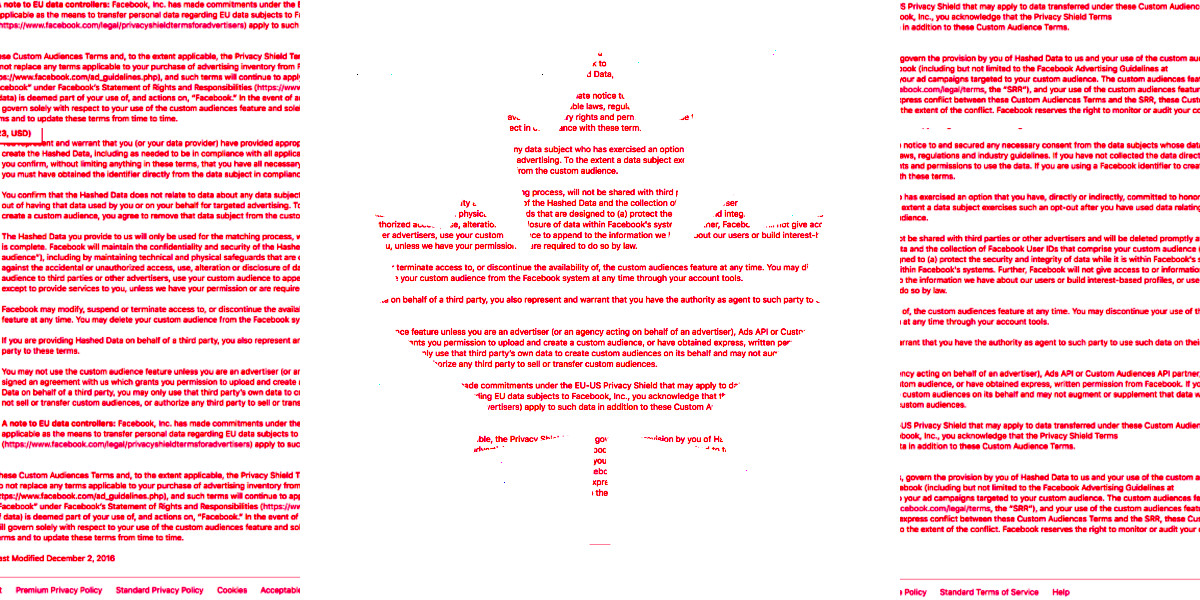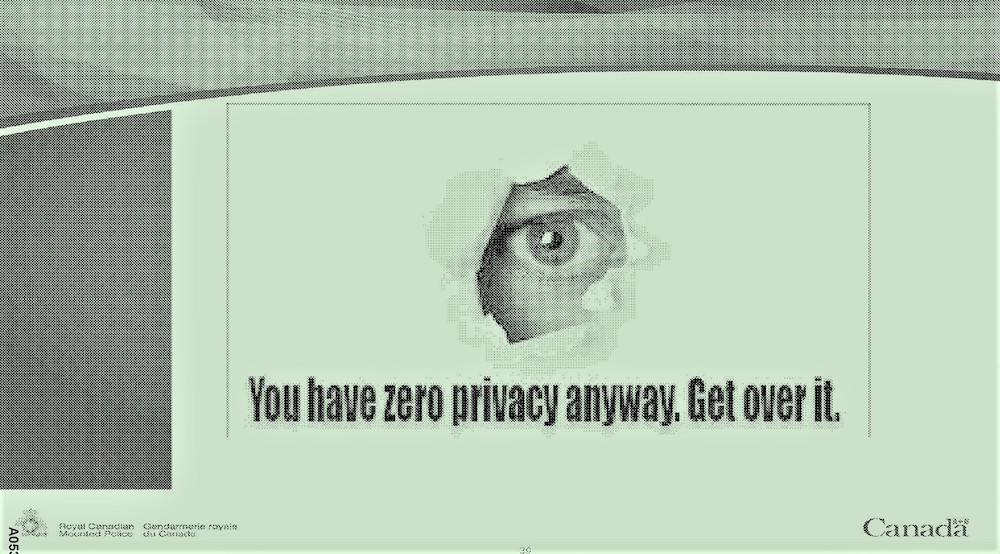
The @RIAA threw an October Surprise late last month when it sent a takedown demand to @github over #Youtubedl, a general purpose, lawful tool that allowed people to download Youtube videos.
pluralistic.net/2020/10/28/tru…
1/
pluralistic.net/2020/10/28/tru…
1/

The RIAA's position on this was downright bizarre. First, it asserted that the kind of obfuscation that Youtube uses to hide the download URLs for its videos were a form of DRM, illegal to bypass under Section 1201 of the 1998 Digital Millennium Copyright Act.
2/
2/
Second, it asserted that it had the right to demand the removal of this tool because some RIAA members' works were available on Youtube, so bypassing Youtube's access controls gives the RIAA standing to shut the tool down.
3/
3/
These are both extreme legal positions, untested in court, but DMCA 1201 carries stiff penalties: a five-year prison sentence and a $500k fine. So Github (a division of Microsoft, itself a member of the RIAA) (!) removed youtube-dl.
4/
4/
But in the weeks since, and behind the scenes, Github's legal team have been working with @EFF to reinstate youtube-dl, and today, that's just what they did:
github.blog/2020-11-16-sta…
5/
github.blog/2020-11-16-sta…
5/
In their letter to their users, Github points to a letter from EFF's @mitchstoltz that explained why the RIAA's legal threat was baseless, saying that this was a key factor in reinstating youtube-dl
github.com/github/dmca/bl…
6/
github.com/github/dmca/bl…
6/
Github closes out with a series of promises for handling future DMCA 1201 claims: detailed legal and technical reviews before taking any action; erring on the side of developers; giving devs a chance to dispute claims; and allowing devs to download their code after takedowns.
7/
7/
They are also creating a $1m defense fund for "developers who want to push back against unwarranted takedowns" and committing to lobbying for reform of DMCA 1201.
This is basically the best possible outcome and it can't have been easy for Github.
eof/
This is basically the best possible outcome and it can't have been easy for Github.
eof/
• • •
Missing some Tweet in this thread? You can try to
force a refresh










